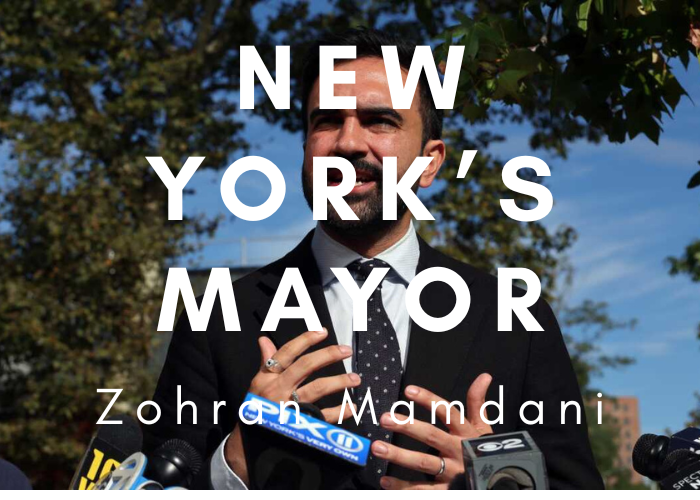As the final semester of school begins for Blackman seniors, many are considering the best college options for after graduation. Luckily, there are choices available across the state.
Community College
Community college is an undergraduate, publicly funded higher education institution. It is a two-year institution where you can receive your associate degree. Most students decide to pursue community college to save money for two years before transferring to a four-year institution.
Tennessee provides a scholarship called the Tennessee Promise, which covers two years of college tuition at a state community college.
In Tennessee, there are 13 community colleges. Some colleges include Motlow State, Nashville State and Chattanooga State.
TCAT
TCAT stands for Tennessee College of Applied Technology. It is considered a trade school, the broader term for training and degrees TCAT provides. TCAT, or any trade school, has the goal to train students in a specific job in a skilled career. Luckily, TCAT locations also allow the use of the Tennessee Promise.
Blackman alumni Logan Brock had attended TCAT Nashville and said, “The tuition is very cheap, and they provide excellent hands-on training in each field of study.” He, like all graduates from TCAT, received a technical degree which is a degree tailored to specific jobs.
There are 27 TCAT locations across Tennessee including TCAT Memphis, Knoxville and Murfreesboro.
Public Universities
Public universities are colleges that are owned by or funded heavily by the state government. They offer two-year or four-year degrees that gear students towards undergraduate programs. Public universities are known for having a wide variety of programs and have a cheaper cost due to government funding. Students often choose public universities for those two reasons.
Junior Abigail Barron Valle is looking at public universities near her because she believes that “it’s always best to look towards your degree interests instead of a fancier or bigger school.”
With 11 public universities in the state, Tennessee seniors have lots of options. Some well-known ones are Middle Tennessee State University here in Murfreesboro, the University of Tennessee, Knoxville and Austin Peay State University in Clarksville.
Private Universities
Private universities are not owned or funded by the government. Instead, these universities rely on student tuition, donations and endowments. Private universities have class sizes that are smaller which allows for more one-on-one time for students. Along with smaller classes, the programs offered are more specific or are only offered at that private university. This part of the curriculum contributes to the higher costs that come with going to private universities.
However, some people feel as if the cost is too high. Senior Megan Hickman has looked at colleges across the state, but for her college journey, she didn’t choose a private university due to the high cost. That doesn’t mean private universities aren’t for people because some of the best colleges for a degree are at private institutions. Financial aid is typically granted more at those schools.
There are 44 private universities in Tennessee including Belmont, Vanderbilt and Fisk.
In-State Tuition Colleges
Tennessee students aren’t limited to colleges and universities within their home state. Some surrounding states’ schools offer the same tuition cost for Tennessee students as their state’s students. Fifteen states, including Tennessee, are members of the Southern Regional Education Board (SREB). The SREB administers a program called the Academic Common Market (ACM). The ACM allows students to pay in-state tuition to those surrounding states in the SREB if their intended major is not offered at any of the colleges in their home states.
There is always an option for students going to college and it’s time to make final decisions before graduation. Best of luck to all graduates this year.
















